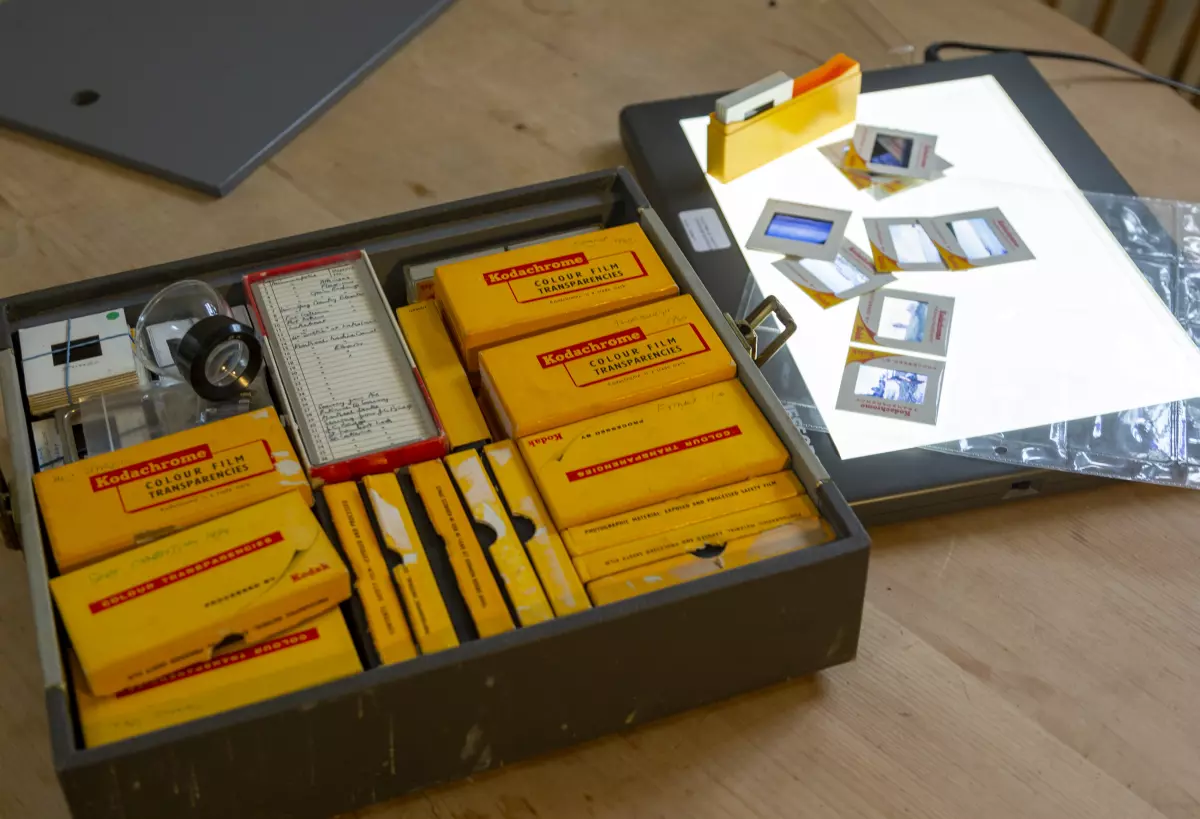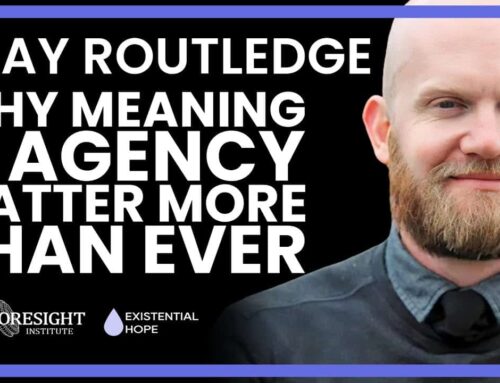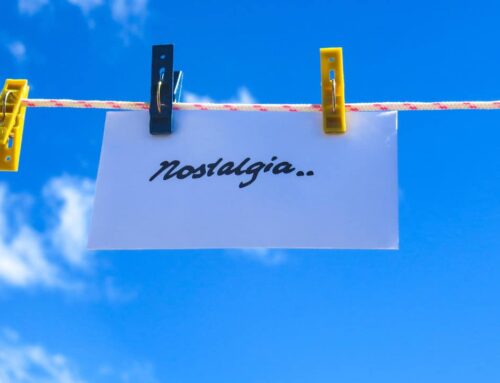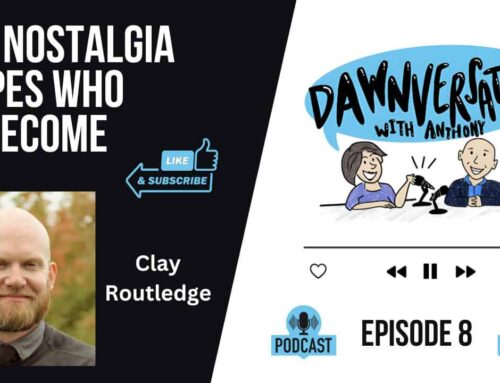
Excerpt:
A Pew survey from 2023 found that the majority of Americans believe life was better 50 years ago. “If you ask that question abstractly, people respond that way,” research psychologist Clay Routledge told me. But if you start asking more specific questions such as, “Would you give up today’s medical advancements to go back 50 years? If you’re raising a daughter, would you trade all the progress in women’s rights and opportunities?” most respondents walk back their answers. It turns out, they realize, life is objectively better in the present.
Routledge also cited a 2023 Harris Poll that found that Americans across generations are nostalgic for a time before smartphones. We don’t earnestly wish to go back in time, he explained, but rather to make the best of what the past and present each have to offer: “Even young generations are recognizing that there’s something in these phones that’s making us stressed or distracting us from the kind of deep personal relationships that we find meaningful. We don’t want to give up these phones. But we want to use them more intentionally.
I asked Routledge how we can harness what’s good about nostalgia and apply it to the current moment — how to romanticize the present, so we don’t get lost in the paleolithic past or apocalyptic future. I told him that sometimes when I worry about getting older and wistfully scroll through old photos, I can interrupt the spiral by imagining I’m actually 75 years old and someone tells me that at the snap of my fingers, I get to be 32 again. Suddenly I’m grateful for the life I have at the moment.
Routledge suggested that to maximize nostalgia for the present, we should prioritize the types of experiences for which we tend to develop personally nostalgic memories. His research shows that these moments tend to be highly social, focused on relationships and involve taking some level of emotional risk. For example, a get-together that makes you nervous, or visiting a relative whose health is in decline. These are not always happy or pleasurable experiences. Sometimes they’re bittersweet, or even painful — the way that nostalgia can be.
Read the full article at The Los Angeles Times.
Read Millennials Lead American Optimism for the Future here.





